Tooth Discoloration / Stained Teeth / Dark Teeth
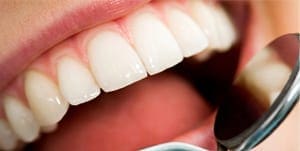
Tooth discoloration is a common issue that all dental offices encounter. Typically, patients will present with questions about their smile and will ask, “Why are my teeth darker in color?. Most of the time, people will be inquiring about their anterior or front teeth as they are the most visible when smiling. Professional teeth whitening is a simple and painless process that can resolve this predicament. There are several reasons why a tooth may discolor. Decay may change the color of a tooth. Trauma may have the same effect on a tooth as well. There may be internal changes to the nerve of a tooth, which would cause tooth discoloration.
There are many different reasons why teeth may discolor. Reasons may either be intrinsic, or “within” the tooth structure, or extrinsic, “outside staining” of the enamel of the tooth. A dentist can usually determine which type of discoloration a person may have after an examination of the teeth. There are many and varied causes of discoloration, both intrinsic and extrinsic. Many of these issues can be eliminated or at least reduced after visiting a dentist. Our Dallas, TX Dental Office is proud to offer a full selection of Cosmetic Dental services to help combat any cosmetic issue.
Tooth discoloration issues may be treated with a tooth colored filling, crown, or veneer. There are advantages and disadvantages to each choice. Veneers and crowns are more aggressive than a traditional filling. Altho
More resources on the topic:
- Check out this link from WebMD for more information about tooth discoloration.
- The National Institute of Health also has an article about issues with tooth discoloration.
Contact our office for more information.
Dallas Dental Office News Update, By Dallas, Texas Dentist, William H. Miller
Woodhill Medical Park, 8305 Walnut Hill Lane, Suite 235, Dallas, Texas, 75231
Phone: (214) 692-1050


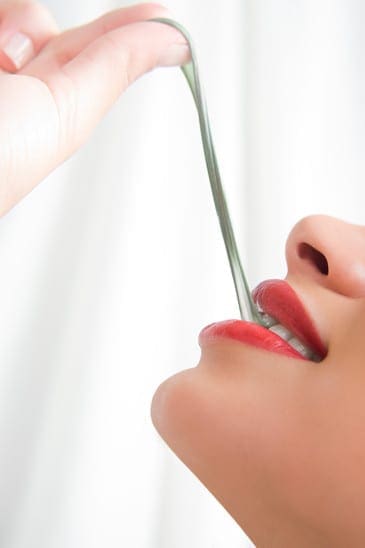 A memorable movie scene is found in Willy Wonka & the Chocolate Factory, when champion chewer Violet Beauregarde eats the forbidden piece of gum and then swells up to giant, blueberry-like proportions as a result. While the dangers of gum chewing outside of Willy Wonka’s world don’t include turning into a blueberry, sugar found in many brands of gum can be dangerous (to your dental enamel, not your human appearance). Thankfully, there is the option of sugar-free gum for those who have a bit of Violet Beauregarde in them, and this sort of gum is not only safe for enamel but even includes health benefits.
A memorable movie scene is found in Willy Wonka & the Chocolate Factory, when champion chewer Violet Beauregarde eats the forbidden piece of gum and then swells up to giant, blueberry-like proportions as a result. While the dangers of gum chewing outside of Willy Wonka’s world don’t include turning into a blueberry, sugar found in many brands of gum can be dangerous (to your dental enamel, not your human appearance). Thankfully, there is the option of sugar-free gum for those who have a bit of Violet Beauregarde in them, and this sort of gum is not only safe for enamel but even includes health benefits.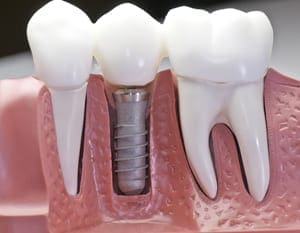
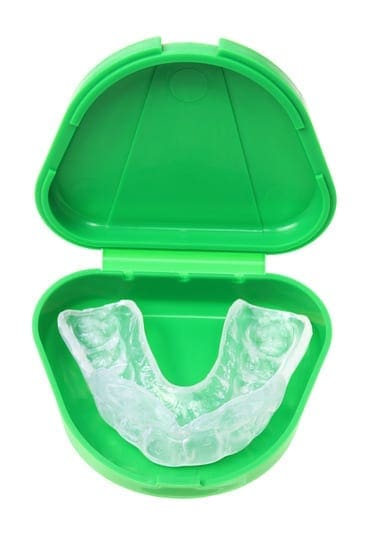 Mouthguards Aren’t Just For Rocky Anymore!
Mouthguards Aren’t Just For Rocky Anymore!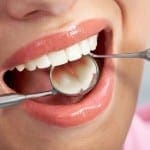
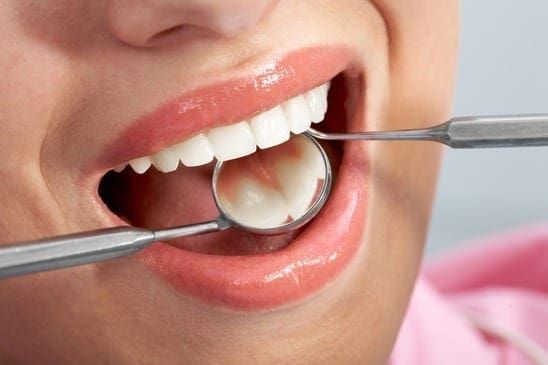 However conscientiously a person may care for their teeth, sometimes cavities do happen, and a visit to the dentist for a filling brings up the question: Which type of material, amalgam (silver) or composite (white), is best for the tooth? Because composite tends to be more expensive than amalgam and often health insurance wouldn’t cover the cost, a person faced with the choice would choose silver fillings out of necessity. After reviewing the options with an experienced Dallas, Texas dentist, Dr. William H. Miller, it was explained that times have changed since composite fillings were first introduced. Now that more research has been done on the benefits of composite filling and its use is widespread, it is more affordable and often covered by health insurance. Choosing between an amalgam and composite filling no longer has to be based on affordability, but rather on health, efficiency, and cosmetic appeal.
However conscientiously a person may care for their teeth, sometimes cavities do happen, and a visit to the dentist for a filling brings up the question: Which type of material, amalgam (silver) or composite (white), is best for the tooth? Because composite tends to be more expensive than amalgam and often health insurance wouldn’t cover the cost, a person faced with the choice would choose silver fillings out of necessity. After reviewing the options with an experienced Dallas, Texas dentist, Dr. William H. Miller, it was explained that times have changed since composite fillings were first introduced. Now that more research has been done on the benefits of composite filling and its use is widespread, it is more affordable and often covered by health insurance. Choosing between an amalgam and composite filling no longer has to be based on affordability, but rather on health, efficiency, and cosmetic appeal.